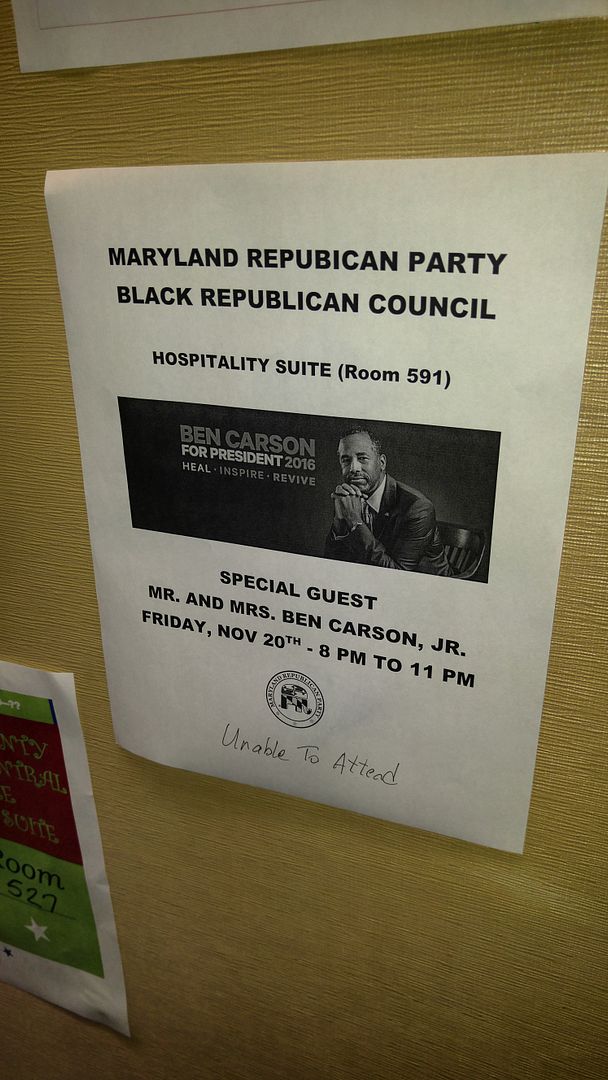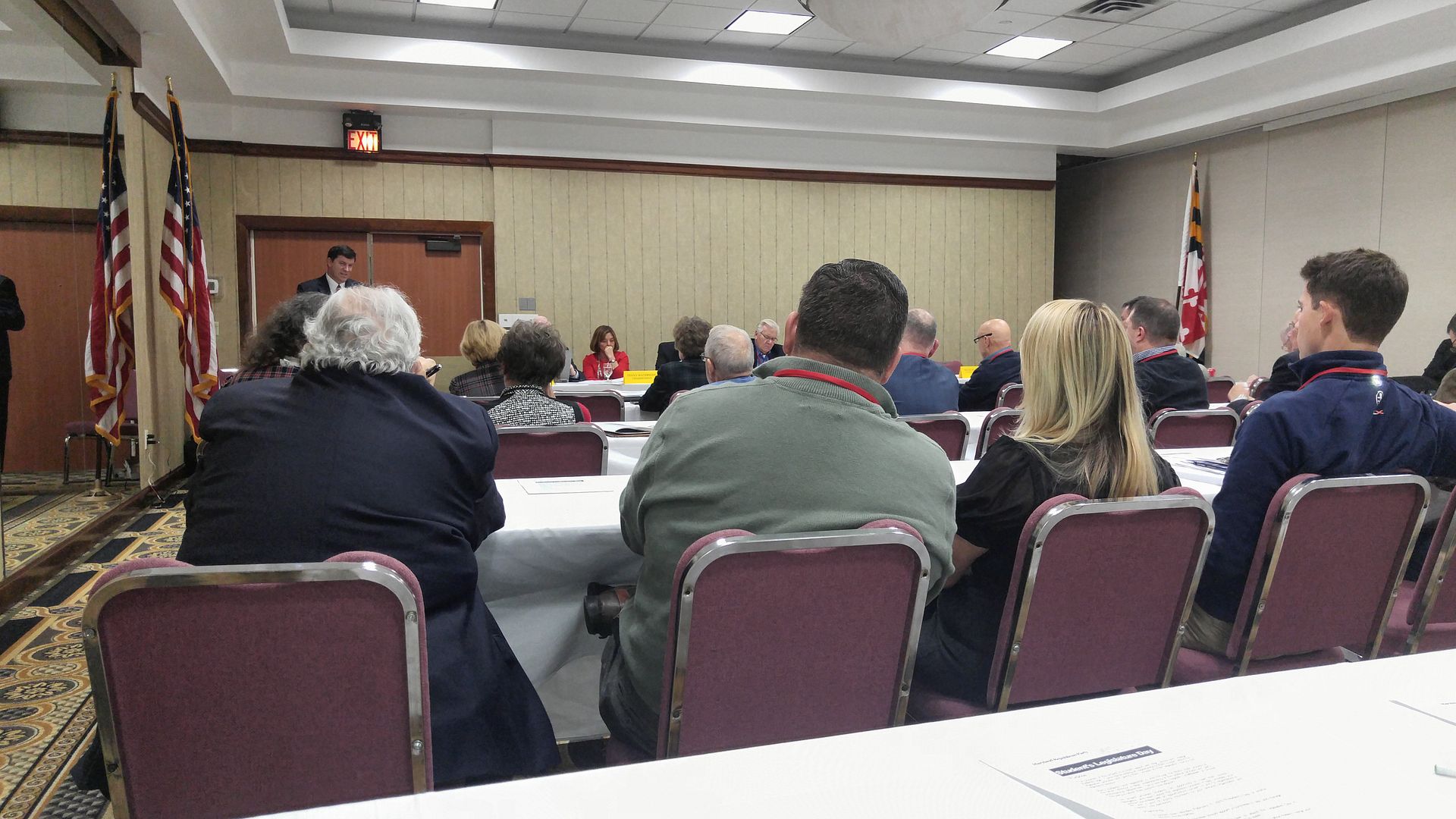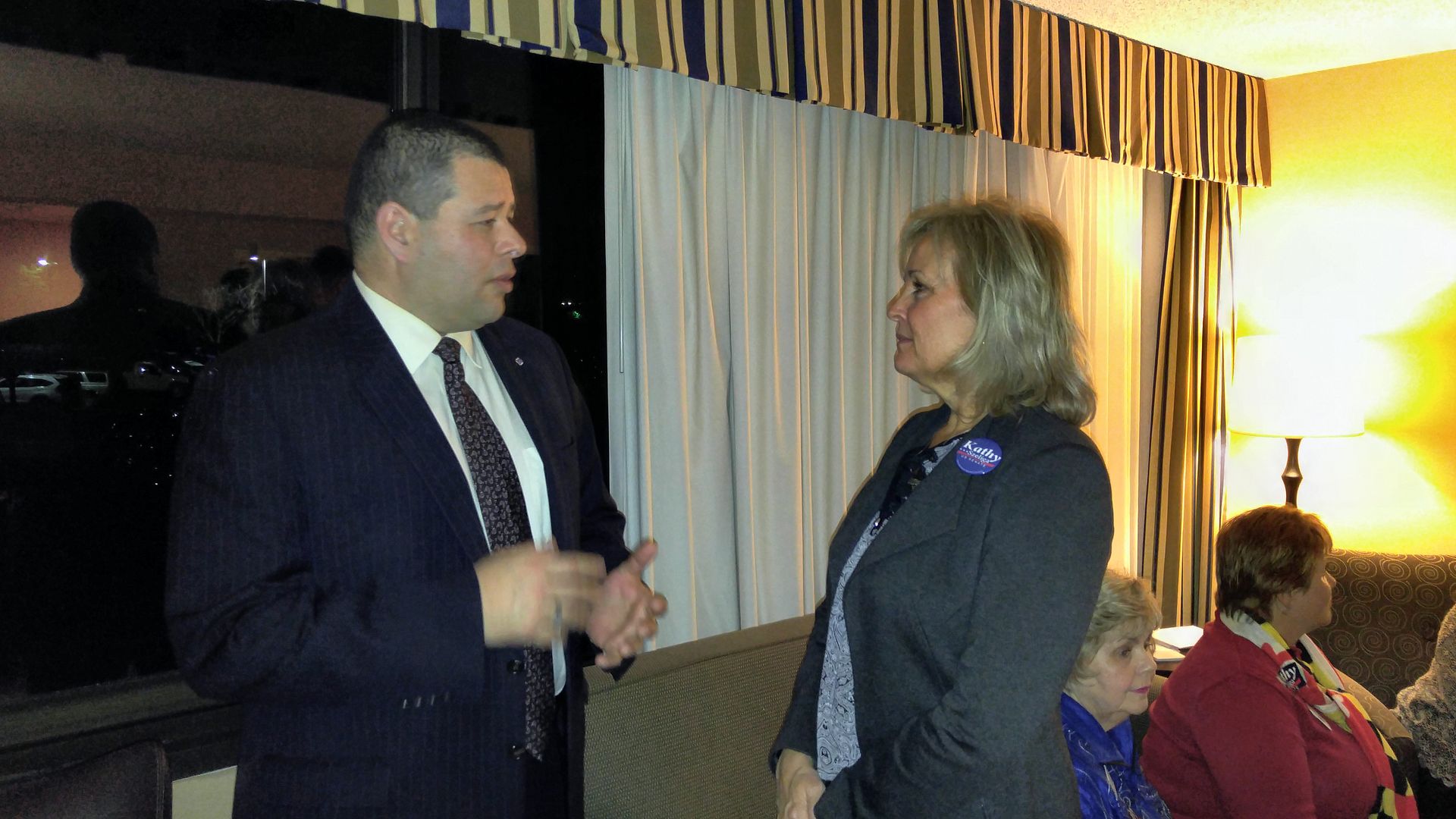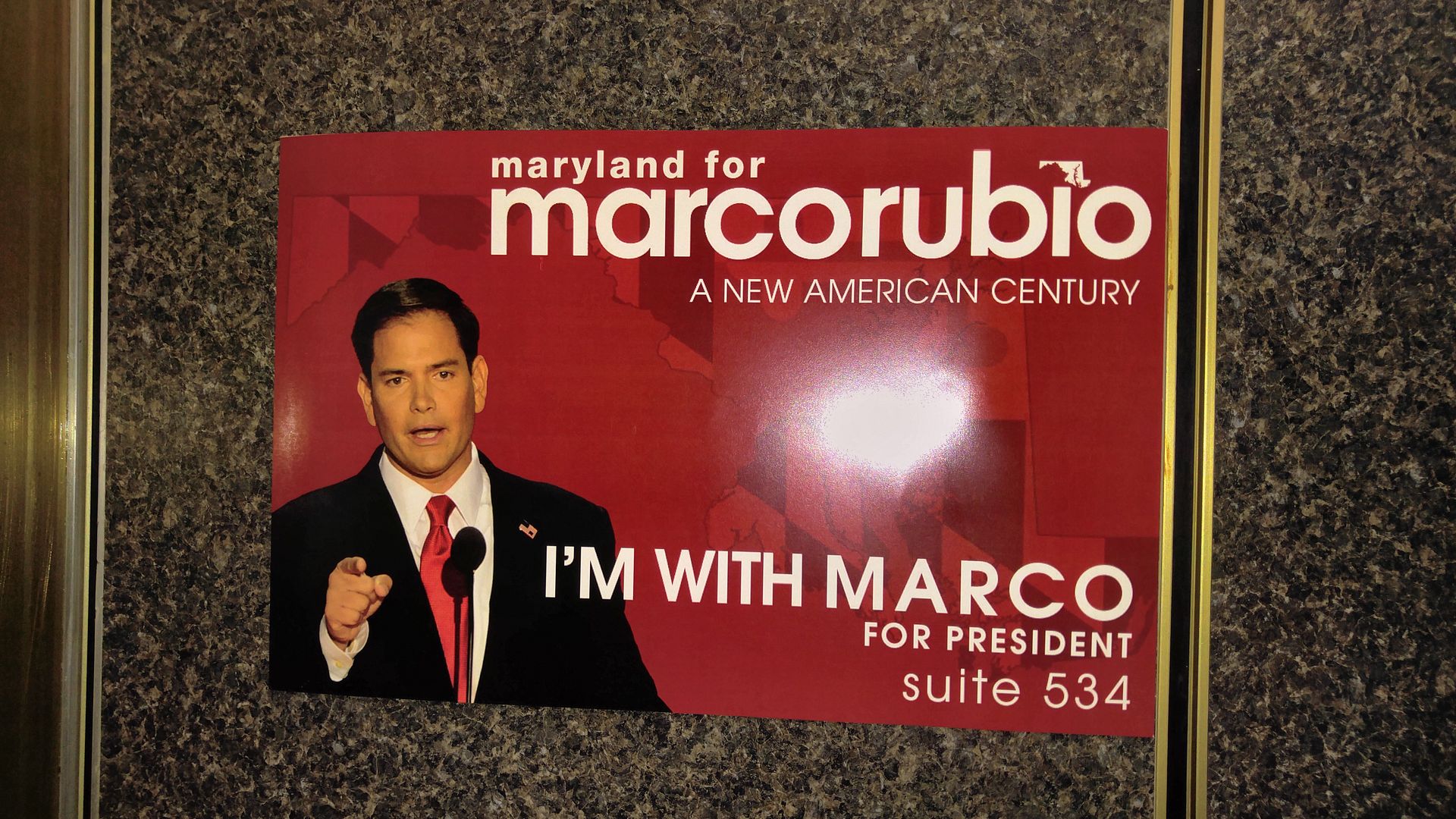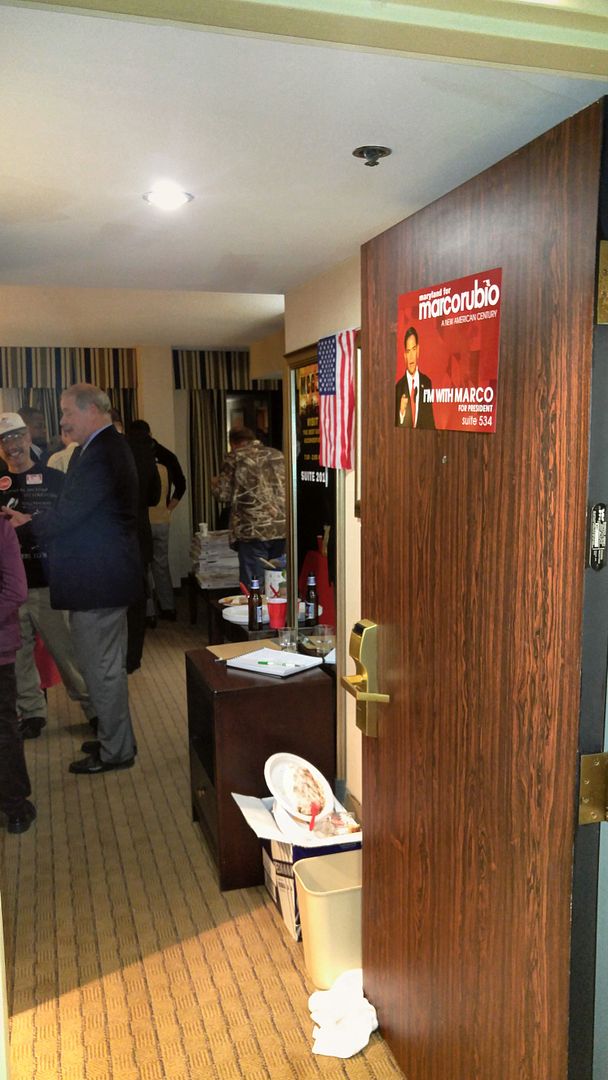The half-decade or more process of securing a Board of Education in Wicomico County that’s directly elected by the people entered a new chapter late last week with the introduction of the appropriate legislation in the Maryland General Assembly. Senate Bill 145, with Senator Jim Mathias as lead sponsor and Addie Eckardt as co-sponsor, provides for the makeup of the board as well as a three-way referendum to be placed on this November’s ballot. It’s a relatively complex 16-page bill, subdivided into several sections because the sections which would actually become law are dependent on the results of the referendum.
To make a long story short, voters would face three choices in November, from which they can only select one:
- FOR a Board of Education with seven members appointed by the Governor;
- FOR a Board of Education with five members elected by district and two members elected at-large;
- FOR a Board of Education with five members elected by district and two members appointed by County Council.
The method with the most votes wins, regardless of whether it is a majority or plurality.
SB145 was assigned to the Senate Education, Health, and Environmental Affairs (EHEA) Committee and given a relatively quick hearing date of Wednesday, January 27. The EHEA committee has 10 members and is led by Chair Senator Joan Carter Conway of Baltimore City and Vice-Chair Paul Pinsky of Prince George’s County. Other Democratic members are Cheryl Kagan of Montgomery County, Shirley Nathan-Pulliam of Baltimore County, Jim Rosapepe of Prince George’s County, and Ronald Young of Frederick County, while Republicans Gail Bates of Howard County, Johnny Ray Salling of Baltimore County, Bryan Simonaire of Anne Arundel County, and Steve Waugh of Calvert County also sit on the committee.
At the present time it’s the smallest committee with just 10 members (and a slim 6-4 Democratic advantage) because there’s one vacancy in the Senate. At some point it’s presumed that a Montgomery County Democrat will join the committee to be its eleventh member, but the bill will likely have its hearing and committee vote by then. (Former District 14 Senator Karen Montgomery resigned as of January 1.)
An interesting note regarding the makeup of the committee is that Conway and Simonaire represent counties with appointed boards, while Pinsky, Nathan-Pulliam, Rosapepe, and Salling represent counties with hybrid boards. Moreover, none of these committee members represent the Eastern Shore. It’s worth noting as well that Conway was the chair of EHEA when Caroline County got its hybrid board. It was Senator Conway, who represents a district several counties and a completely different way of life away, that deemed that Caroline County didn’t have sufficient minority representation with a fully-elected board, so if the initial all-elected option is scrubbed for Wicomico it’s likely her doing. (This despite the fact we have one majority-minority County Council district and two others with significant minority populations, out of five.)
So the goal is to make sure this bill gets through without being tampered with, but that will be difficult since we don’t have a local representative on the board. And remember: last year when we had a bill for a hybrid board, their excuse for stopping it was that only one of the two Senators were supporting it. Now both are sponsors, and thanks to the public hearings we know that a lot of support was there for the all-elected option as one of three choices. Anything less is a disservice to the people of Wicomico County.



